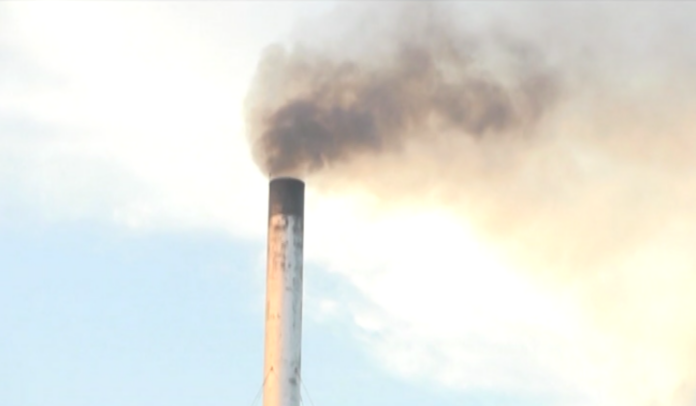Accra continues to be a dangerous place to live for persons with some underlying health conditions due to excessive air pollution.
Although calls are rife to halt air pollution, it appears efforts by authorities must be intensified to preserve a cleaner air for all.
28,000 Ghanaians die prematurely every year as a result of air pollution, according to the World Health Organization 2020 report.

The situation is the second highest health risk factor for death and disability, after malnutrition. Children and adults over 50 years are reported to mostly be at risk of disease and premature death when they inhale polluted air.
The cause of poor air quality in Ghana has mainly been attributed to consumption of fuel wood and charcoal, smoke from exhaust pipe of rickety vehicles, bush fires, poor farming practices, open waste burning and poor environmental management.

deaths from outdoor air pollution have increased over the years. Despite the challenges the situation poses to living organisms, Ghana is among only seven African countries with real-time air pollution monitors, but the availability and accessibility of air quality data is limited.
The government does not have a nationwide air quality policy or targets. However, there are sector-specific policies and guidelines that address air pollution, as well as clean air initiatives in Accra.

The crude method of extracting copper wires through open burning in the Agbogbloshie enclave and dust emanating from untarred community roads have further worsened the situation, putting more vulnerable people at risk.
The rapid urbanization of parts of Ghana, like many other African countries, has even raised serious concerns about air quality in dense settlements.
A concerned environmentalist with the Environmental Protection Agency said when an impure air is inhaled, particles could accumulate in the lungs and lead to severe ailments.

But the Environmental Protection Agency, which is mandated to regulate activities of the space is now overwhelmed.
However, calls have heightened for government to prioritize drastic measures to control air pollution in the country.
A content global analysis of air quality and pollution rate places Ghana in a moderate position, urging drastic intervention to correct.
It is therefore prudent to create opportunity to support policymakers and businesses to implement policies and solutions to tackle the root causes of air pollution now.







